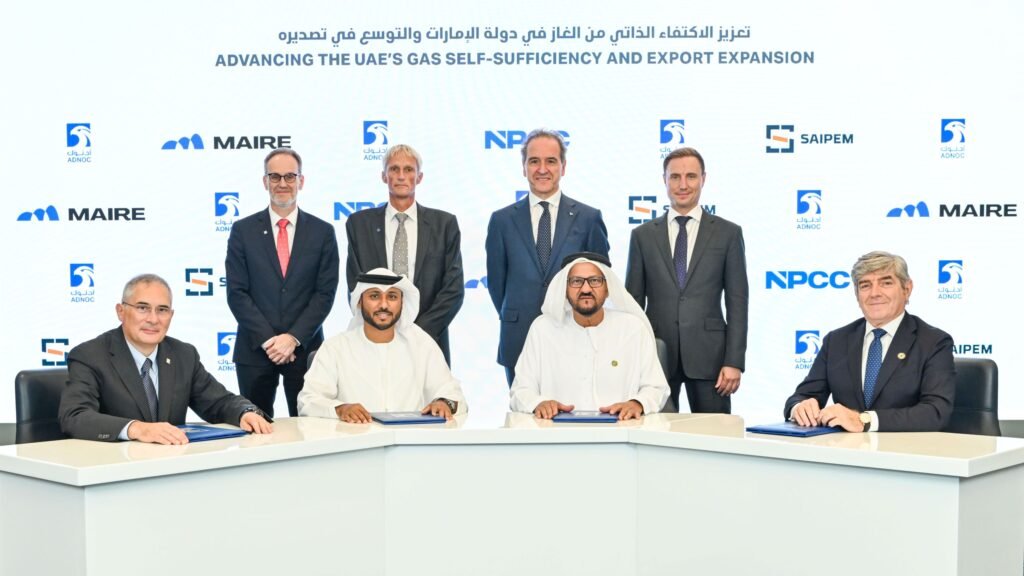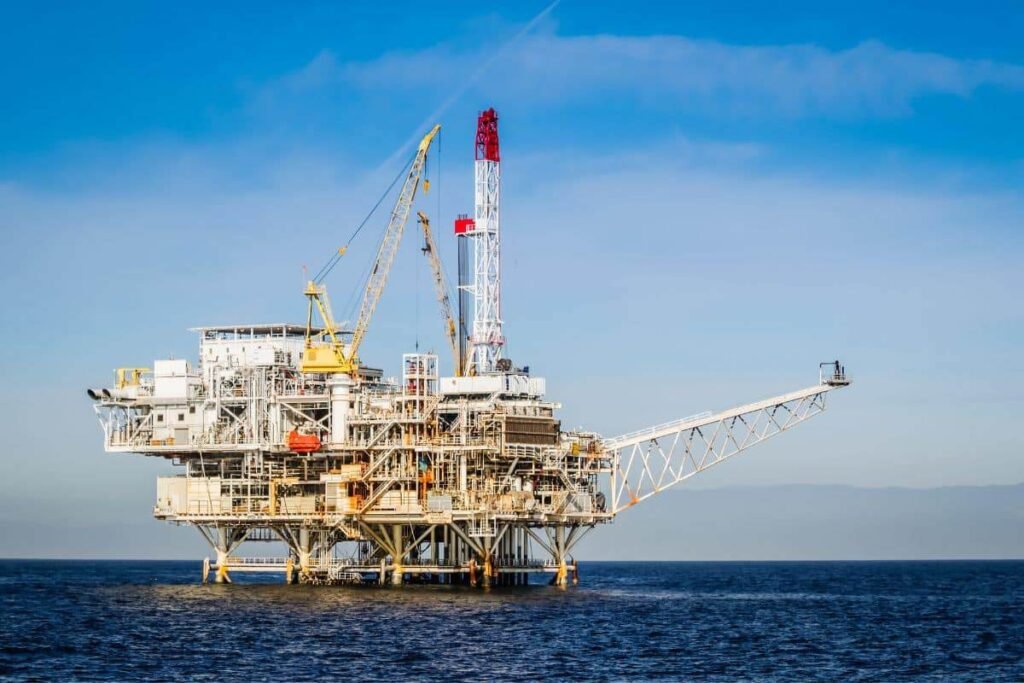The Abu Dhabi National Oil Company (ADNOC) has taken a major step towards its climate goals. On Sunday, ADNOC announced it is investing $1.5 billion into carbon capture technology. This investment will support the company’s plans to reach net-zero emissions by 2045.
The project shows how ADNOC is trying to balance its role as a major oil producer with the urgent need to fight climate change. By capturing carbon emissions from its operations, ADNOC aims to lower its overall environmental impact without slowing down energy production.
What the Deal Involves
According to ADNOC, the $1.5 billion investment will go into building several new carbon capture sites. These sites will pull carbon dioxide (CO2) directly from industrial plants and store it safely underground.

The project will focus mainly on capturing emissions from ADNOC’s gas processing plants and chemical facilities. ADNOC says this move could capture up to 10 million metric tons of CO2 each year by 2030, which is roughly the same as taking over 2 million cars off the road.
This is one of the largest carbon capture investments ever announced in the Middle East.
ADNOC’s Bigger Net-Zero Plan
Last year, ADNOC became the first national oil company in the region to set a target of reaching net-zero emissions by 2045. This goal is 5 years earlier than the United Arab Emirates’ national net-zero deadline of 2050.

ADNOC has already committed billions of dollars to clean energy projects, including hydrogen fuel and renewable energy. The company believes carbon capture is a key part of its strategy, as it allows for cleaner production of oil and gas while new energy sources are developed.
ADNOC CEO Dr. Sultan Al Jaber said in a statement, “This major investment shows our firm commitment to decarbonization and sustainable growth. Carbon capture will play a critical role in delivering energy security and climate action at the same time.”
Why Carbon Capture Matters
Carbon capture and storage (CCS) technology is considered by many experts to be essential in the global fight against climate change. The International Energy Agency (IEA) says it would be almost impossible to reach net-zero worldwide without using CCS.
The technology works by capturing CO2 before it can enter the atmosphere. The CO2 is then transported and stored underground in rock formations, where it cannot contribute to global warming.
However, critics warn that carbon capture should not be used as an excuse to delay the shift to renewable energy. Some environmental groups argue that heavy reliance on CCS could slow down the global move away from fossil fuels.
Still, for big energy companies like ADNOC, carbon capture offers a way to reduce emissions while continuing to meet the world’s current demand for oil and gas.
How This Fits Into Global Climate Action
The announcement comes at a time when pressure on oil and gas companies to act on climate change is higher than ever. Governments, investors, and the public are demanding real action to cut emissions.
In fact, the United Nations’ climate body has said that deep emissions cuts are urgently needed to limit global warming to 1.5 degrees Celsius above pre-industrial levels.

ADNOC’s investment could also encourage other major oil producers to follow suit. Carbon capture projects are expensive and often need strong government or corporate support to succeed.
ADNOC’s move could signal a broader shift in the Middle East energy sector, traditionally reliant on oil exports, towards more sustainable practices.
Future Plans and Challenges
While ADNOC’s announcement is a big step, the road to net-zero will still be challenging. Experts say large-scale carbon capture projects face technical risks, high costs, and uncertain long-term storage success.
In addition, carbon capture alone cannot solve the climate crisis. True success will require a mix of strategies, including increasing renewable energy use, improving energy efficiency, and changing consumption patterns.
Still, ADNOC’s $1.5 billion carbon capture project is a clear signal that the energy transition is starting to reshape even the biggest oil companies.
As ADNOC moves forward, the world will be watching closely to see how effective these efforts are—and whether they can truly balance energy needs with the urgent fight against climate change.
Also read: Dubai Police Launch Drone Emergency Units to Boost Response Time in Traffic













